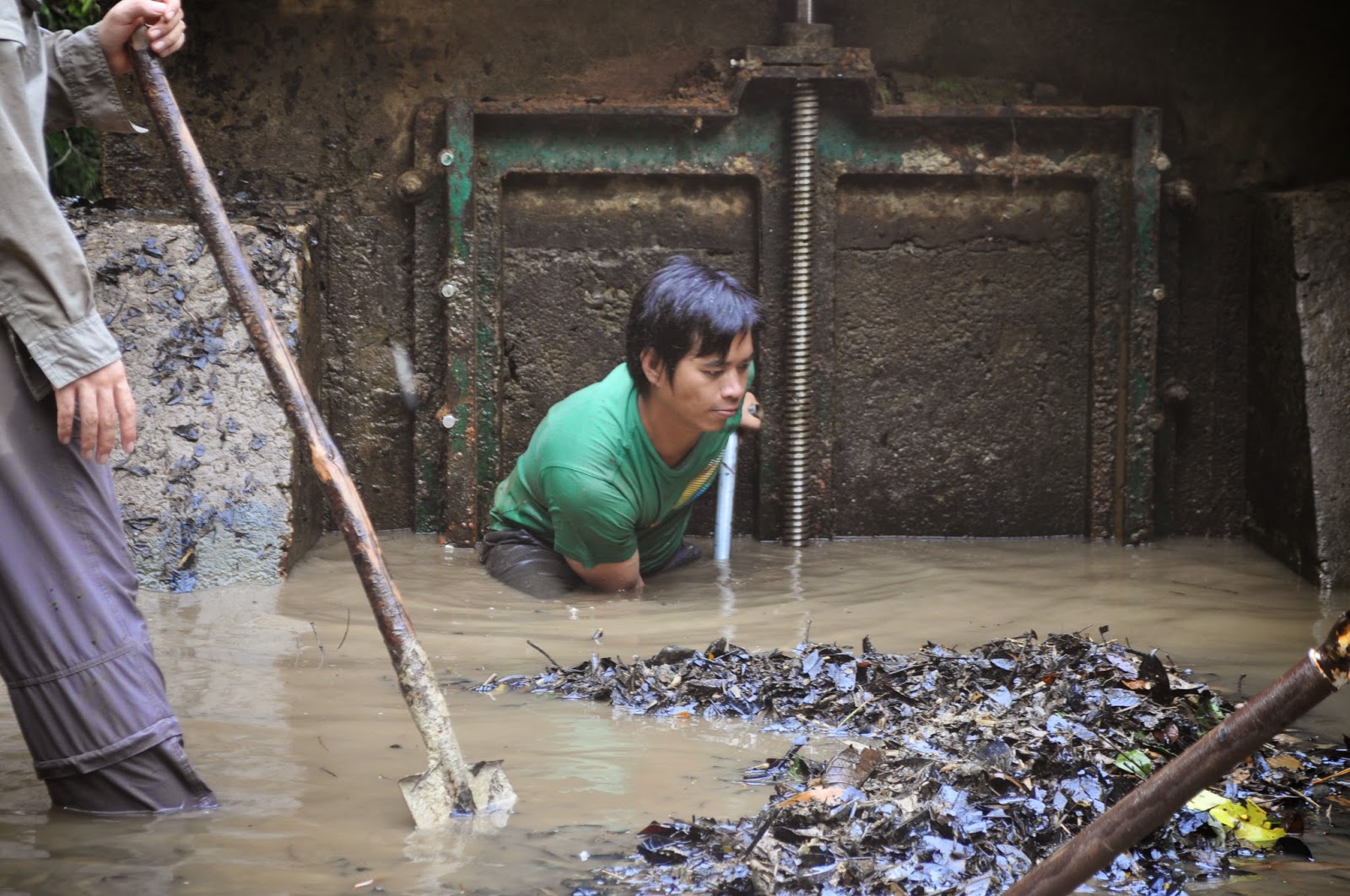I would have never thought that I would have the opportunity to have done the things that I did in Bario and of course meet the people that I have met.
A thing that really strikes me about Bario is the warmth of the people there. Even though we were just strangers or very new in town at best, the people of Bario accepted us with open arms and by the second week we were there, they were already calling us their cucus (grandchildren). Even when I was walking around Bario, people I have never met would smile and wave at me as I walked by - something a city boy like me was not used to. I would awkwardly wave back and smile.
When I was there, I was assigned to help a cheerful lady with her English as she manages a homestay. Her name is Tepuq Bulan. Although I felt that she was a bit distant from me initially, as the days passed she became more comfortable and started to tell me all about her family. She made it a point to be sure that I was always well fed, which I really enjoyed but at the same time was slightly reluctant! *pinches belly* Tepuq Bulan had a laugh and smile that could relieve any problem, and she was very generous with it. There was not one day that I can remember that she wasn't happy and laughing. There was one time where I was helping her clear the paddy field when suddenly a frog landed on my lap! It was none other than Tepuq Bulan who threw it at me. How mischievous! I still remember her saying "you scary of the frog?" and burst out into laughter.
Saying goodbye at the airport was quite difficult for all of us. Although it had only been 16 days, the people of Bario had already accepted us as family and even threw a big farewell party for us the night before. At the departure lounge, some cried, some sang and some danced but we were all sure that we will be meet again.
To Bario, I will return.
A thing that really strikes me about Bario is the warmth of the people there. Even though we were just strangers or very new in town at best, the people of Bario accepted us with open arms and by the second week we were there, they were already calling us their cucus (grandchildren). Even when I was walking around Bario, people I have never met would smile and wave at me as I walked by - something a city boy like me was not used to. I would awkwardly wave back and smile.
When I was there, I was assigned to help a cheerful lady with her English as she manages a homestay. Her name is Tepuq Bulan. Although I felt that she was a bit distant from me initially, as the days passed she became more comfortable and started to tell me all about her family. She made it a point to be sure that I was always well fed, which I really enjoyed but at the same time was slightly reluctant! *pinches belly* Tepuq Bulan had a laugh and smile that could relieve any problem, and she was very generous with it. There was not one day that I can remember that she wasn't happy and laughing. There was one time where I was helping her clear the paddy field when suddenly a frog landed on my lap! It was none other than Tepuq Bulan who threw it at me. How mischievous! I still remember her saying "you scary of the frog?" and burst out into laughter.
Saying goodbye at the airport was quite difficult for all of us. Although it had only been 16 days, the people of Bario had already accepted us as family and even threw a big farewell party for us the night before. At the departure lounge, some cried, some sang and some danced but we were all sure that we will be meet again.
To Bario, I will return.
I will arise and go now, and go to Innisfree,
And a small cabin build there, of clay and wattles made:
Nine bean-rows will I have there, a hive for the honey-bee;
And live alone in the bee-loud glade.
And I shall have some peace there, for peace comes dropping slow,
Dropping from the veils of the morning to where the cricket sings;
There midnight’s all a glimmer, and noon a purple glow,
And evening full of the linnet’s wings.
I will arise and go now, for always night and day
I hear lake water lapping with low sounds by the shore;
While I stand on the roadway, or on the pavements grey,
I hear it in the deep heart’s core.
- W.B YeatsAdrian




























.JPG)

